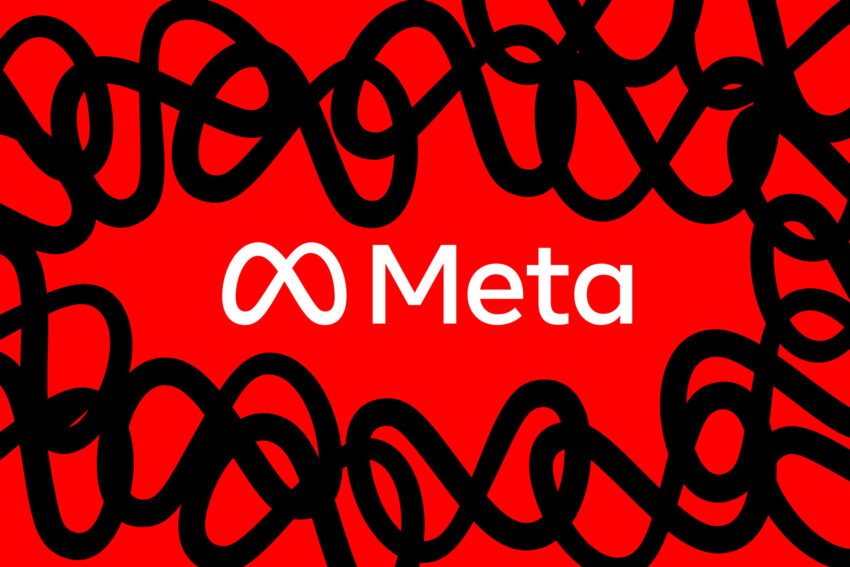
meta is removing its messenger apps for Meta is set to discontinue its Messenger applications for both Windows and macOS, marking a significant shift in its desktop communication strategy.
meta is removing its messenger apps for
Overview of the Decision
Meta, the parent company of Facebook, has announced that it will be removing its Messenger apps from both the Microsoft Store and the Mac App Store. This decision has already begun to take effect, as users are receiving notifications regarding the impending removal of the desktop applications. The full discontinuation is scheduled for December 2023, with the Windows Messenger app set to be fully unavailable by December 14, 2023. For macOS users, the Messenger app will be deprecated after a 60-day grace period, during which existing users can still access the app.
Details of the Removal
The decision to remove the Messenger apps from desktop platforms is part of a broader strategy by Meta to streamline its applications and focus on web-based solutions. According to a support page from Meta, users of the Mac Messenger app will have until the end of the 60-day period to utilize the app before it is completely blocked. This timeline indicates that users are being given a limited window to transition to alternative methods of communication.
Implications for Users
The removal of the Messenger desktop applications will have immediate implications for users. Windows users will need to rely on either the Facebook app or the web version of Messenger for their communication needs. Similarly, macOS users will only have access to the web version of Messenger, which may not offer the same user experience as the dedicated desktop applications.
This shift could lead to a decrease in user engagement on the Messenger platform, as some users may find the web version less convenient than the standalone applications. Furthermore, the lack of a dedicated app may deter users who prefer desktop applications for their messaging needs.
Background on Messenger and Its Evolution
Messenger was originally launched as a standalone app in 2011, following its initial integration into Facebook’s main platform. Over the years, it has evolved significantly, introducing features such as video calling, voice messaging, and various integrations with third-party applications. The desktop versions of Messenger were intended to provide a seamless communication experience for users who preferred to interact via their computers rather than mobile devices.
However, as user behavior has shifted towards mobile and web-based communication, the necessity for dedicated desktop applications has come into question. Meta’s decision to remove these apps reflects a broader trend in the tech industry, where companies are increasingly focusing on web applications that can be accessed across multiple devices without the need for installation.
Meta’s Broader Strategy
The discontinuation of the Messenger desktop apps is not an isolated decision. Meta is also planning to phase out its native WhatsApp Windows app in favor of a web wrapper version. This move is indicative of a strategic shift towards simplifying the development and maintenance of its messaging platforms. By focusing on web-based solutions, Meta aims to reduce the complexity associated with supporting multiple native applications across different operating systems.
This strategy may also be influenced by the increasing competition in the messaging space. With platforms like Slack, Microsoft Teams, and Discord gaining traction, Meta may be looking to streamline its offerings to better compete in a crowded market. By consolidating its messaging services into web-based formats, Meta can ensure that its applications remain accessible and relevant to users who are increasingly reliant on web technologies.
Stakeholder Reactions
The response to Meta’s decision has been mixed among stakeholders. Some users have expressed disappointment over the removal of the desktop applications, citing concerns about the loss of functionality and convenience. For many, the desktop apps offered a more robust experience compared to the web versions, particularly for users who frequently engage in messaging during work hours.
On the other hand, some stakeholders view this move as a necessary evolution in response to changing user behaviors. As more individuals and businesses adopt web-based communication tools, the need for dedicated desktop applications may diminish. This perspective aligns with the broader trend of cloud-based solutions gaining popularity across various sectors.
Alternatives for Users
With the impending removal of the Messenger desktop apps, users will need to explore alternative options for their messaging needs. Here are some alternatives available for both Windows and macOS users:
- Web Version of Messenger: Users can access Messenger through any web browser by visiting the Messenger website. This option allows for messaging without the need for a dedicated application.
- Facebook App: Windows users can utilize the Facebook app, which includes Messenger functionality. This app may not offer the same level of integration as the standalone Messenger app, but it provides a viable alternative.
- Mobile Apps: Users can continue to use the Messenger app on their mobile devices, which remains fully supported by Meta. This option allows for messaging on the go, albeit at the expense of desktop convenience.
Potential Future Developments
As Meta continues to refine its messaging strategy, it is likely that further developments will emerge. The company may explore new features and enhancements for its web-based platforms to improve user experience and engagement. Additionally, as the landscape of digital communication evolves, Meta may consider integrating more advanced technologies, such as artificial intelligence and machine learning, to enhance its messaging services.
Moreover, the decision to phase out native applications could set a precedent for other tech companies. As more organizations evaluate the necessity of dedicated desktop applications, we may see a shift towards web-based solutions becoming the norm across various platforms.
Conclusion
The removal of Meta’s Messenger apps for Windows and macOS represents a significant shift in the company’s approach to desktop communication. While the decision may disappoint some users, it reflects a broader trend towards web-based solutions that prioritize accessibility and simplicity. As Meta continues to evolve its messaging strategy, users will need to adapt to the changes and explore alternative options for their communication needs.
In the coming months, it will be essential to monitor how this decision impacts user engagement on the Messenger platform and whether it influences the broader messaging landscape. The transition away from dedicated desktop applications may signal a new era in digital communication, one that prioritizes flexibility and ease of use.
Source: Original report
Was this helpful?
Last Modified: October 20, 2025 at 8:37 pm
2 views















